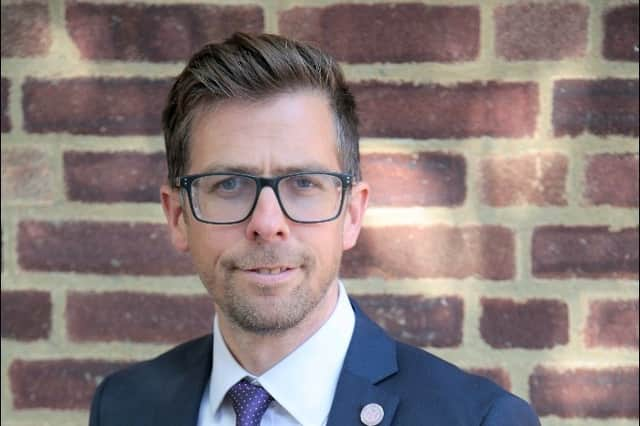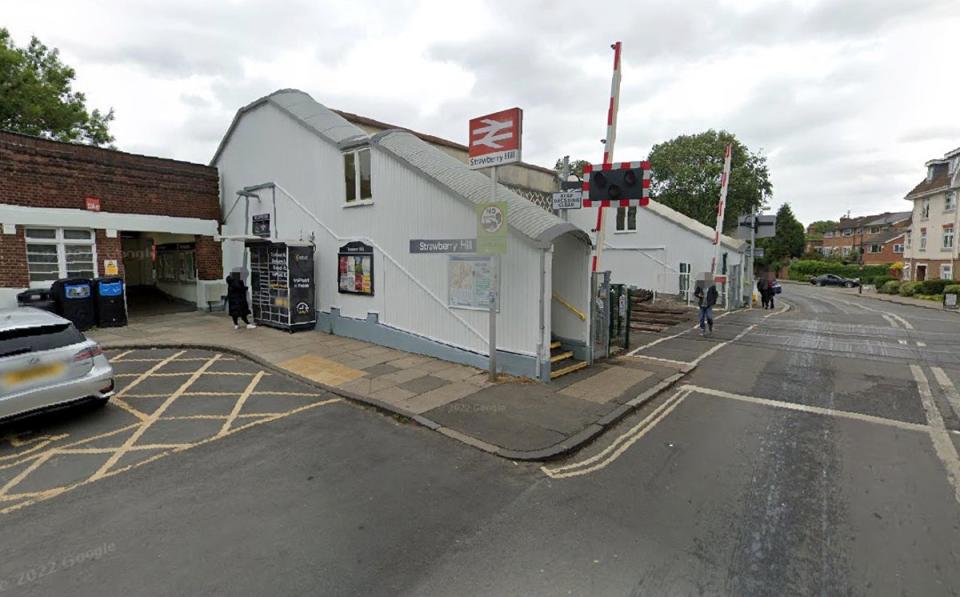A London rail worker who has saved 29 people from taking their own lives has said the need to “spread love and engage with each other” is more important than ever during the COVID-19 pandemic.
Rizwan Javed, 30, works on the MTR Elizabeth Line at Ealing Broadway station in west London, where he has had a profound impact on commuters.
Speaking to MyLondon, he described one incident at the station where he talked one person into safety.
“I was on a night shift one day and a young lady walked in,” he said. “As I was going back to my office, I noticed the same person looking distressed. These were signs that rang alarm bells for me and I had to react quickly.
“Initially I phoned the signalmen who control our line and I got a line block in place. [I then] ran over to the individual [and] made conversation – it wasn’t easy initially, it was hard to engage.
Recommended
“She had various thoughts in her head but eventually I talked her into a place of safety. After communicating with her for an hour, I called the British Transport Police who were going to come and assist her and provide support.
“We contacted her family who came down and were very supportive. Together all of the parties involved ensured she was safe and got the help she needed to potentially get back on track with her life and achieve all of the things she is capable of.”
A week later, the woman thanked him for his help. “I noticed her from a distance and she ran over and said ‘thank you’ to me, just for being there that night,” he said.
“It meant the world to me that she was ok and doing well for herself.”
Mr Javed completed the Samaritans’ Managing Suicidal Contacts training course in 2015, which trains rail staff with the skills to help someone at risk of suicide on the railway. In partnership with Network Rail, the Samaritans has trained 22,000 rail staff and British Transport Police officers.
He said: “Having this training quite early in my career gave me the confidence and awareness on how to identify vulnerable people and approach a vulnerable situation. The Samaritans has helped me help other people.”
He told MyLondon that “distressed facial expressions” and commuters “removing their clothing” are signs to look out for and said his first experience where he had to put his training into practice was “nerve-wracking”.
“Every aspect of the training was being implemented in real life and I was concerned. Am I going to say the right thing? Am I going to do the right thing? Am I going to be able to engage with this person?”
Mr Javed was awarded the Samaritans Lifesaver Award in 2018 and said his training had provoked conversations about mental health within his family and friends.
He said: “In the Asian culture [mental health] is not spoken about as much. I was educating my family, extended family and friends and spreading awareness of how important it is we speak to one another and it is ok not to be ok.
“Especially during the pandemic, so many have been suffering in silence and I think [it] has shown us how lonely and depressing life can get if we don’t have our loved ones around us or if we are not communicating with someone on a daily basis.”




